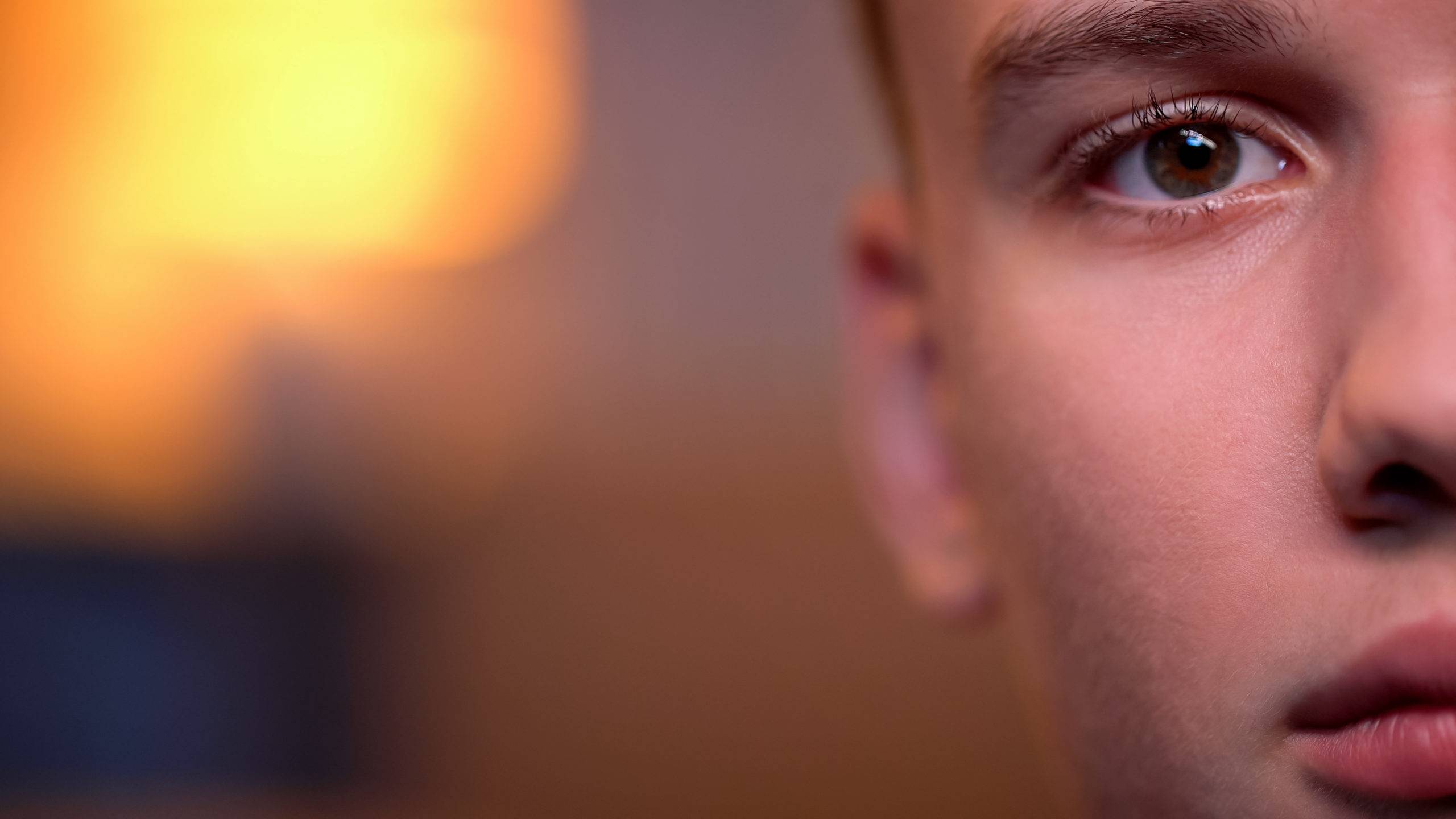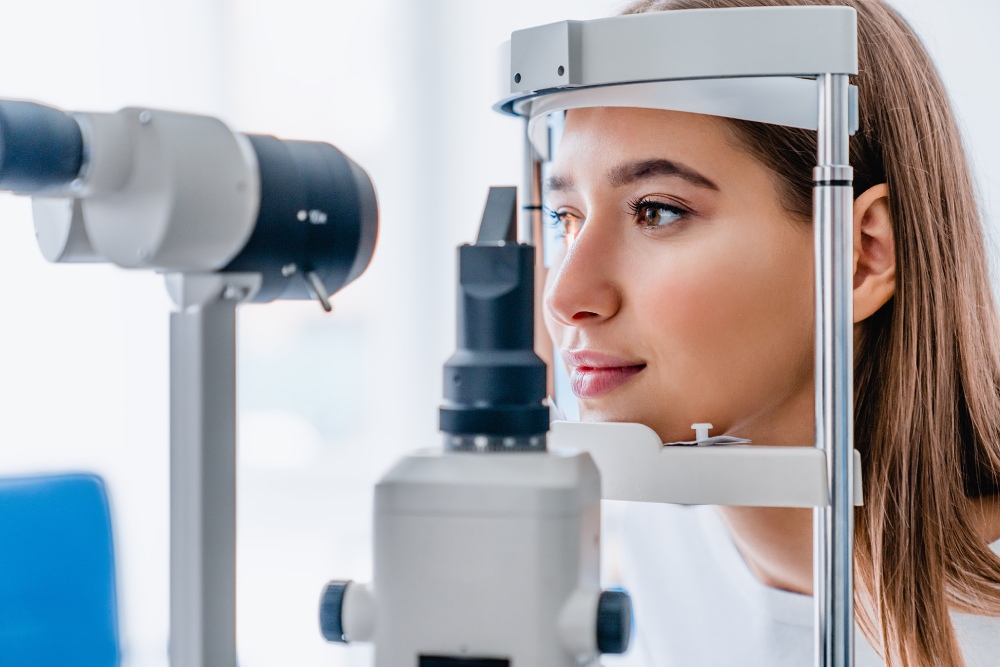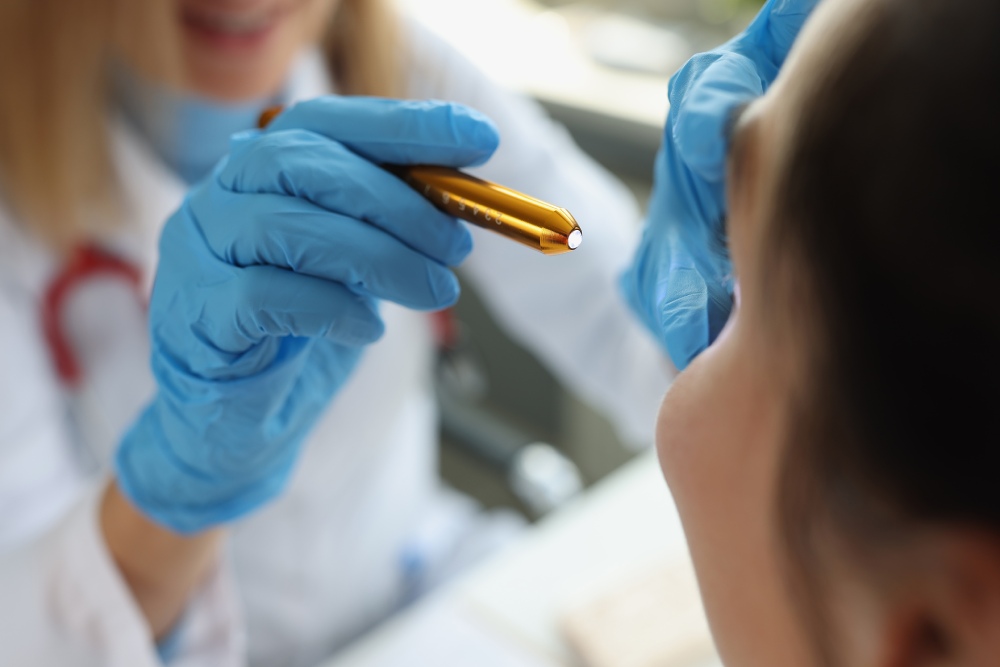Did you know that diabetes is the leading cause of blindness in adults ages 20 – 74?
Diabetes is a disease in which the level of blood glucose or blood sugar is too high in the body. Glucose is a vital source of energy for your cells, muscles, and organs, and is also the primary source of fuel for your brain. When you eat, your blood sugar goes up and signals the pancreas to release insulin. If you have diabetes, your body either doesn’t make enough insulin or it can’t use it very well, and this means a high level of blood sugar stays in your bloodstream.
Diabetic Eye Disease
Diabetic eye disease refers to a group of diseases that can affect people with diabetes.
Diabetic eye disease can damage the eyes and result in poor vision or blindness, and often there are no symptoms in the early stages. Anyone with diabetes can develop diabetic eye disease, but the risk increases if blood sugar levels and/or blood pressure levels aren’t controlled.
Diabetic retinopathy affects the blood vessels in the retina, which is the light-sensitive layer in the back of the eye. It is the most common cause of vision loss and blindness for diabetics.
In the early stages of diabetic retinopathy, there may not be any obvious symptoms, but in the later stages, as the blood vessels start to bleed into the vitreous, which is a gel-like fluid that fills the eye, then dark, floating spots or streaks may occur in vision.
The risk to develop diabetic retinopathy increases the longer you have diabetes, particularly if the level of blood sugar isn’t properly managed.
Diabetic macular edema is characterized by a build-up of fluid and swelling in the macula, which is the part of the retina used to see clearly while driving, reading, and seeing faces.
Diabetic macular edema can damage the vision in this part of the eye, and lead to either partial vision loss or blindness.
Cataracts are a common occurrence as people age, but they can happen to diabetics at an earlier age than people without diabetes.
Cataracts cause the front part of the eye to become cloudy and can make vision blurry or hazy, cause colors to seem faded, reduce night vision and increase sensitivity to light, and over time, can lead to vision loss.
Glaucoma is a group of eye diseases that damage the optic nerve.
Glaucoma is sometimes called “the silent thief of sight” because it can begin with little to no pain or symptoms, and the only way to catch it is through regular comprehensive eye exams. Diabetics have a higher risk of developing glaucoma.
Diabetic Eye Exam
It is important for diabetics to get regular eye exams to avoid vision loss or other eye problems, many of which have no obvious symptoms in the early stages. The doctor at Lawrenceville Family Eyecare has the expertise and technology needed to accurately diagnose diabetic eye disease, even if you don’t have any obvious symptoms.
Book an appointment at Lawrenceville Family Eyecare for a diabetic eye exam today.





